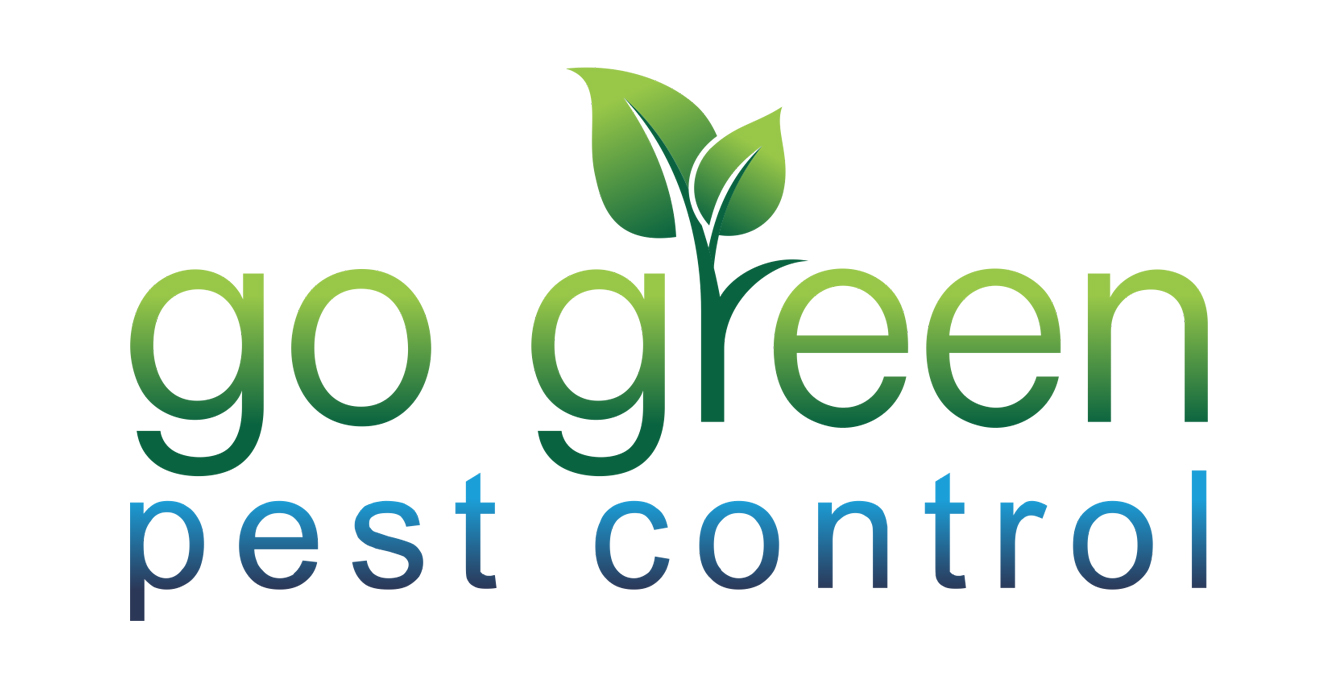Rat Poison – Corn Husks or Snake Oil
While corn husks, certain uses originally proposed are not supported by the PMRA because value has not been adequately demonstrated. themselves are not typically used as rat poison, some people may mistakenly believe that they can be harmful to rats and those retails that sell it are modern day snake oil suppliers. However, it’s important to note that relying on corn husks as a rat poison is not an effective method for rodent control.
If you are dealing with a rat infestation, it’s recommended to use traps that are specifically designed for this purpose. These products are designed to be effective in controlling rodent populations while minimizing risks to humans and pets when used according to the manufacturer’s instructions.
Using homemade or improvised methods for rat control can be dangerous and may not be as effective as professionally developed products. If you have concerns about a rat infestation, it’s advisable to consult with Go Green Pest Control professionals for guidance on the most appropriate and safe methods for addressing the issue.
Note: In a controlled lab environment – Mice and rats must feed on the corn husk bait exclusively for a minimum of 14 days, respectively. Both end-use products are to be applied in commercially available bait stations placed 1.2 to 1.8 metres apart, with each bait station containing 56.7–85 grams of bait. An uninterrupted supply must be provided for a minimum of 14 days or until signs of rat and mouse activity ceases for a period of two or more months.

